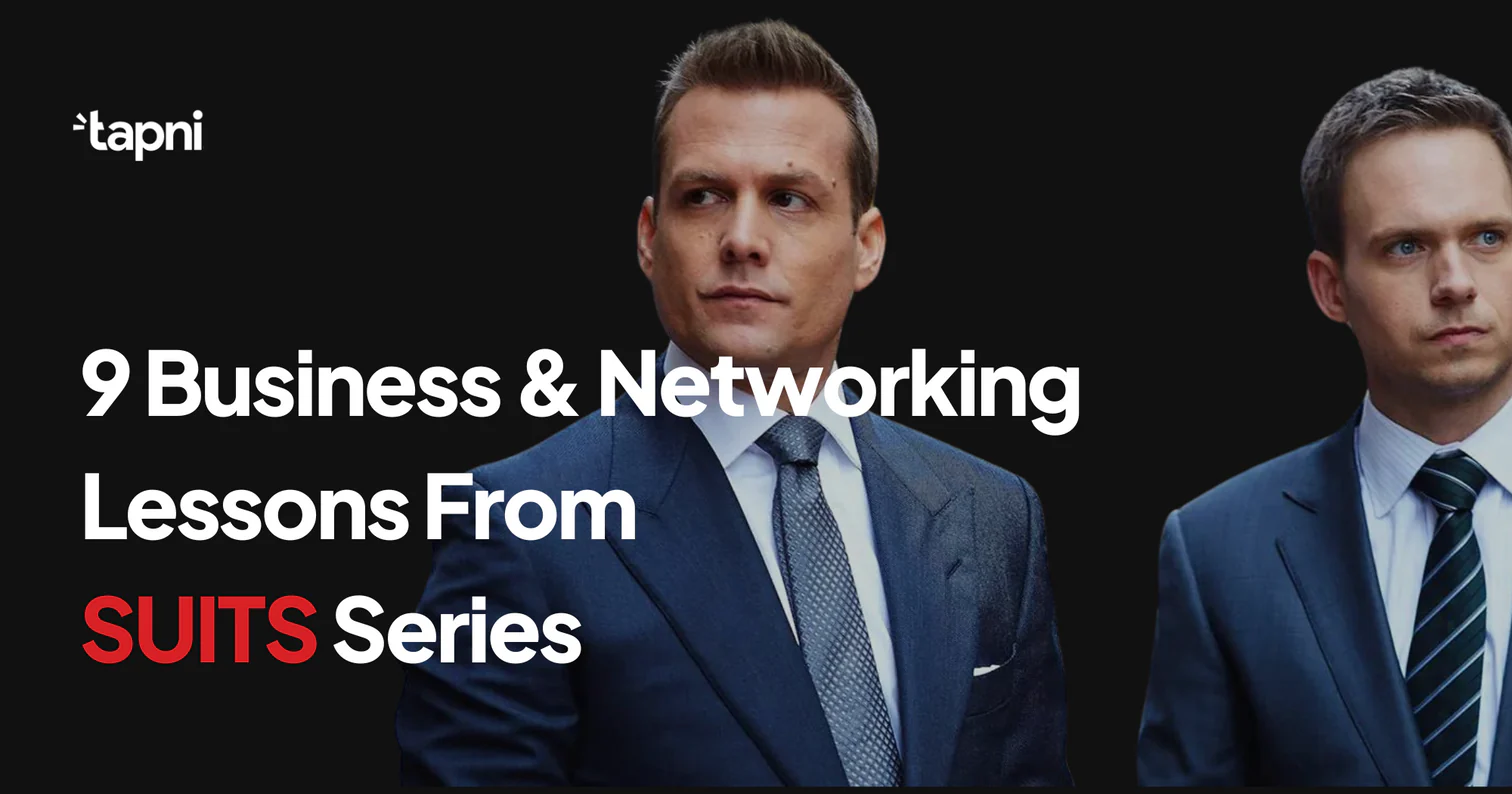Browse our comprehensive product guides and documentation


On June 23rd 2011…
…the Suits Series premiered on USA Network.
From the first moment, the series touched hearts of millions of people across the globe, and everybody wanted to follow life & career path of Harvey Specter, Mike Ross, Jessica Pearson, Louis Litt, Rachel Zane and Donna Paulsen.
After 9 seasons, we witnessed the great finale of Suits, but the business, friendship and a team-work lessons haven’t fade away even eight years after the show was finished.
And today is another big day for all the Suits fans, because Patrick J. Adams (Mike Ross) and Sarah Rafferty (Donna Paulsen) are starting the ‘Sidebar’ podcast. Together, they will watch the series for the first time and share new behind-the-scenes stories. They will frequently be joined by special guests who starred on the show or worked behind the camera over the nine-season run, as well as friends and fans of the show.
Last year the series aired on Netflix, and became the most-watched title ever acquired by a streaming service.
Because of all those reasons, Tapni Team decided to share with you 9 most valuable business & networking lessons that we’ve found while enjoying the Suits.
Let’s start!

Source: usmagazine.com
There are few main reasons why Suits gained such a popularity worldwide.
The charismatic and suave Harvey Specter, the brilliant yet flawed Mike Ross, the witty Donna Paulsen, and the quirky Louis Litt brought depth and uniqueness to the show. Their personalities and relationships made the audience emotionally invested in the storylines, with many viewers identifying with their professional and personal challenges.
Suits was a master of building tension around legal cases and office politics.
The power struggles between characters, intense courtroom scenes, and complex interpersonal relationships made for thrilling and dramatic television.
Themes like loyalty, mentorship, ambition, and the balance between ethics and success resonated with viewers, especially those working in competitive professional environments. The show often mirrored real-life business and legal challenges, making it feel more authentic.
Also, the show was set in a glamorous, high-powered New York City law firm, where characters dressed impeccably and lived in upscale apartments. This portrayal of success and ambition appealed to audiences who were drawn to the aspirational lifestyle.
And, of course, there was one special ingredient for the success of this show: the underdog story.

Mike Ross.
With his photographic memory and street smarts, Mike was going through legal world despite not having a law degree. His journey of overcoming challenges and trying to fit in a world he wasn’t supposed to be part of made viewers root for him.
Last, but not least, the relationships between characters - especially the mentorship between Harvey and Mike, the loyalty between Harvey and Donna, and the rivalry/friendship between Harvey and Louis - were at the heart of the show. These connections were emotionally compelling.
This show wasn’t just another one to watch - it was a learning platform for many things, especially because we were surrounded with the people from business every day, and we were watching how their connections and past relationships could easily affect, both positively and negatively, the situation they’re trying to solve.
So, here are 9 lessons that we found in Suits series that can be truly important for your networking and business game.
The way characters present themselves in business settings - often through sharp attire, strong negotiation skills, and confidence - creates lasting impressions. In many ways, their demeanour is like a “business card” in itself, representing who they are and what they stand for.
Harvey Specter shows confidence in everything he does. Suits really shows the importance of believing in yourself and your abilities, especially in high-stakes situations. This lesson is vital in both personal and professional settings, where self-assurance can make all the difference.
The dynamic between Harvey and Mike highlights the importance of mentorship. A good mentor not only helps you navigate challenges but also shapes your career. The series shows how learning from someone more experienced can accelerate your growth and help you avoid mistakes.
And if you become better than your mentor, accept that by being humble - you had them as a mentor, they didn’t.
Loyalty is a recurring theme, particularly in relationships between characters like Harvey and Donna, and Harvey and Mike. Trust and loyalty are foundational to success in both personal and professional life, teaching viewers that genuine relationships can help you overcome even the toughest obstacles.
Mike Ross is a genius, but without Harvey pushing him to work harder, his raw talent would be wasted. From Suits we can lear that no matter how gifted you are, continuous effort and consistency are necessary to achieve success.
Throughout the series, the characters, especially Harvey Specter, often speaks about the power of having a strong network. Harvey is known for his extensive connections in the legal and business worlds, which he uses to his advantage when securing deals or winning cases (yes, we also thought on Michael Jordan first). Here we can see again the importance of building and maintaining professional relationships, much like the purpose of exchanging business cards in real life.
Harvey's ability to understand his clients' needs and offer the right solutions shows the importance of personal connections. This mirrors the idea of giving out business cards to foster future collaborations - it's not just about the card itself but the relationship behind it.
The characters in Suits are constantly navigating changing circumstances, whether it’s new clients, mergers, or personal relationships. The ability to adapt and pivot when necessary is a critical life skill, helping you stay resilient in the face of adversity.
Many characters, particularly Louis Litt, experience failures that help them grow. The series highlights that mistakes are inevitable, but how you bounce back defines your character. Failure should be viewed as an opportunity for growth rather than a defeat.
If you’re interested more into networking, business connections & relationships, you can also read:
How To Network Better: 5 Steps To Effective Networking